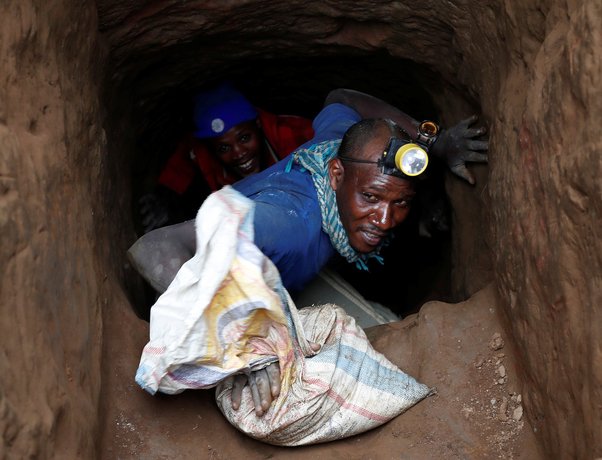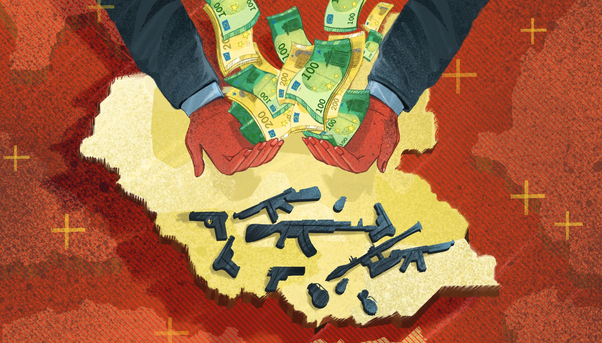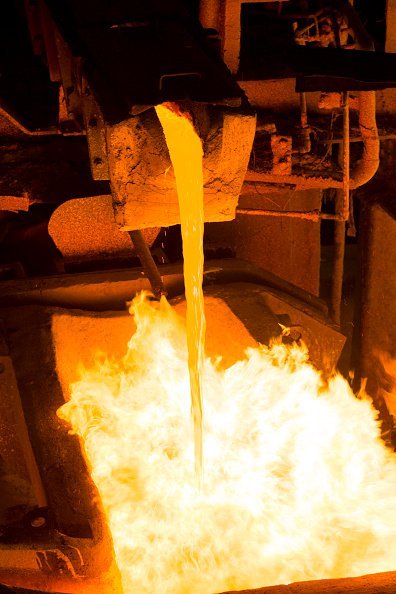Oil-backed loans are high-risk from a financial, sovereignty and corruption perspective. Transparency can help mitigate these risks, and is crucial for the responsible and accountable management of natural resources
Last month, I joined a panel at the EITI Global Summit with Nigeria's immediate past Minister of Finance and representatives from the US State Department, IMF, Paris Club and Republic of Congo civil society to talk about how transparency can ensure fair and sustainable debt.
All panelists expressed concern at “hidden” state debt, and there was widespread agreement that the lending landscape is becoming more complex – not least due to the role played by commodity traders.
I focused my intervention on lending by these companies, which have joined traditional lenders like the IMF, states and banks. They lend to secure access to oil, and make a tidy profit on the way. The deals they strike are structured as loans, but are primarily oil sales and purchase mechanisms.
I made two main points:
- These deals, so-called ‘oil-backed loans’, are high-risk – from a financial, sovereignty and corruption perspective
- Transparency can help mitigate these risks, and is crucial for the responsible and accountable management of natural resources by governments who are entrusted by their citizens to do so.
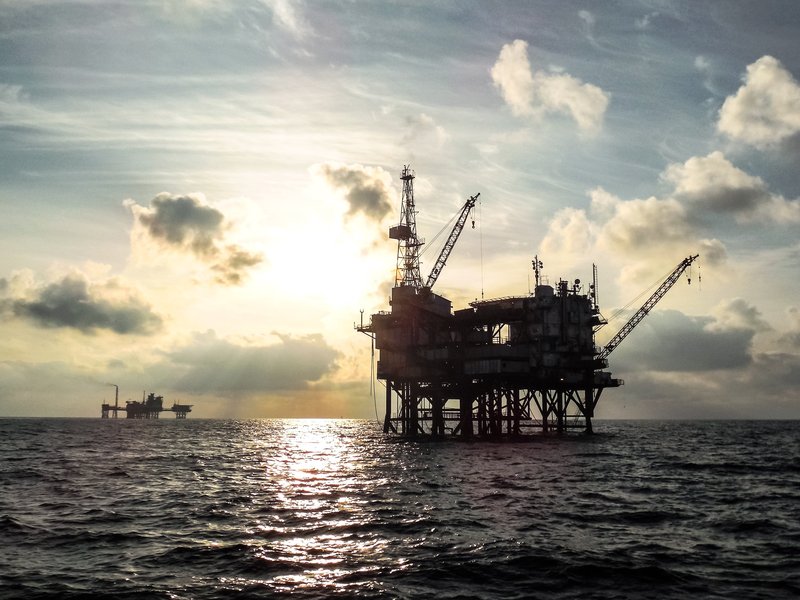
Oil-backed loans and debt distress
Of the four African oil producers in debt distress in 2018, at least three have struggled with these types of deals with commodity traders – Chad, Republic of Congo and South Sudan.
But we often only find out about them once crisis strikes, which is too late.
Taking a step back, there is a broader debate around whether countries should continue to contract oil-backed loans at all. Indeed, putting an end to these deals has often been a condition of financial support from the IMF. Since the time of speaking, they have been suspended in South Sudan.
And with good reason:
- They jeopardise competitive oil sales, as the companies typically receive a discount in exchange for advance payment.
- They are a gamble on the future oil price – it is ultimately unknown how much oil will be needed to repay the loan, meaning they can become an open-ended liability for future governments and generations.
- They are expensive. In 2017, Chad’s loan repayments to Glencore almost doubled due to fees and interest, according to Chad’s Ministry of Finance.
- They come with strings attached. Glencore’s right to sell all of the Chadian national oil company’s oil under a separate marketing contract was an integral part of its prefinance agreement there, for example. The oil and money will also likely be routed abroad, outside of the borrower country’s jurisdiction. In Chad, Glencore first sells the national oil company’s oil, deducts the operating and debt servicing costs, and only then transfers whatever is leftover (if anything) to the government’s offshore account in London. The country might also have to promise not to contract any other oil-backed debt, a so-called ‘negative pledge’. Ultimately, these deals can put the sovereignty over public assets at risk.
- Finally, if crisis does strike, the presence of oil-backed loans complicates debt restructuring. These ‘collateralized’ loans are treated as more ‘senior’ to other, unsecured debt, making the coordination of creditors difficult. There’s no forum like the Paris Club to coordinate trading company lenders.
As seen in discussions with the IMF in Congo and South Sudan, these governments, the IMF and, in Congo’s case, even its financial advisors have been struggling to get a clear picture of what is owed to whom and on what terms.
Congo’s debt-to-GDP ratio jumped by over 50 per cent overnight in 2017 as the IMF learnt of additional debt owed to Glencore and Trafigura. This in part sent the country’s credit rating tumbling and interrupted its access to funds from international financial institutions and markets.
And these are just the financial and sovereignty risks.
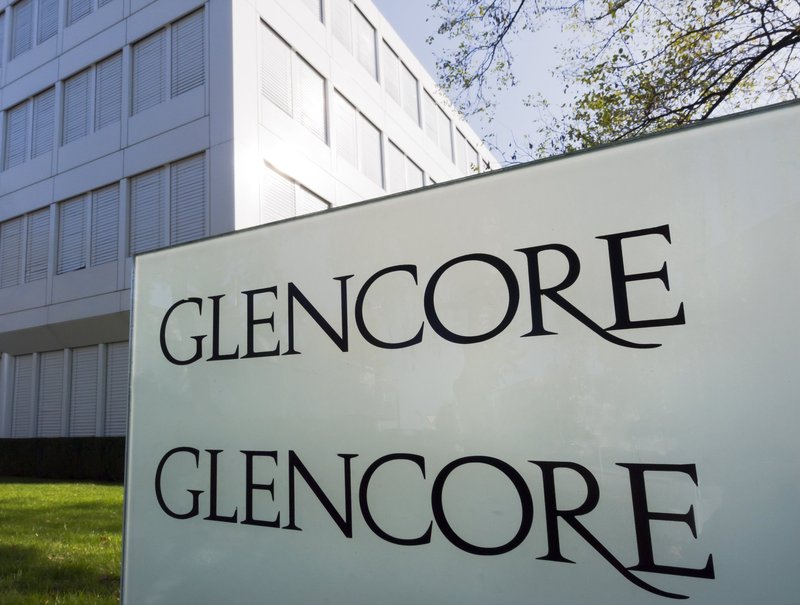
Oil-backed loans are an expensive source of funds: in 2017, Chad’s loan repayments to Glencore almost doubled due to fees and interest. Thamerpic / iStock
The elephant in the room: corruption
Oil-backed loans are hard to oversee and monitor, as the cash flows are divorced from production and in-kind repayments, and are therefore unpredictable. They are also typically off-budget – even if they end up being the state’s responsibility when crisis strikes. All this adds to the risk of misappropriation or diversion of these funds.
Indeed, oil-backed loans present a major corruption risk, as our reporting and that of other organisations over the past two decades has shown.
In the early 2000s, the French state-owned oil company Elf Aquitaine employed them in Congo to enrich its secret funds and provide huge unaccountable revenue streams to those in power.
Shortly after, we revealed how they were used to avoid claims of Congo’s creditors and as a mechanism for corruption.
More recently, the Swiss NGO Public Eye reported how prefinancing deals were an integral part of an allegedly corrupt deal by Swiss trader Gunvor, also in Congo.
And a recent UN report on South Sudan described how another Swiss trader, Trafigura, did business with a disreputable middleman as part of its prefinancing deals there.
The role of transparency
To conclude, these are high-risk deals from a financial, sovereignty and corruption perspective. Transparency cannot prevent these risks, but it can act to deter irresponsible behaviour and decision-making, help to bring accountability where this arises, and help to create a level playing field.
*The panel was part of the Extractive Industries Transparency Initiative’s 2019 Global Summit in Paris, co-hosted with the US government. More information here: paris2019.eiti.org.
** Follow me @ntashawhite
